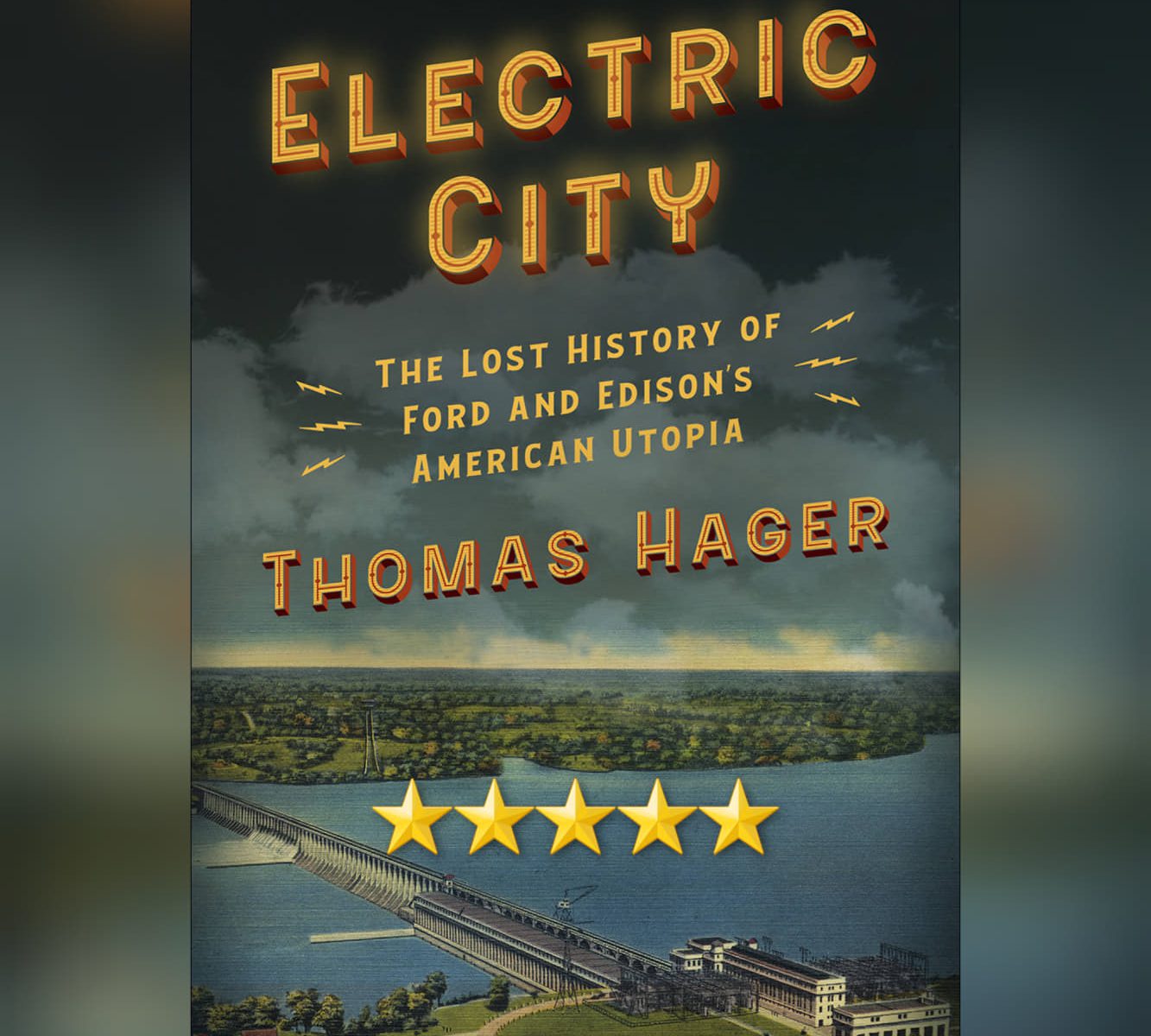[UPDATE January 6, 2021]
I originally wrote the below post around Easter 2020 or so. At the time, this book was supposed to release in June 2020. Then, thanks to COVID, it got pushed to January 5, 2021. Where it was still going to be a Featured New Release post. Then I came in to actually publish that post and found out that the book’s release had been pushed back *again* to February 1, 2021. Where I already had another book ready for that week’s Featured New Release slot. So now I present a bit more verbose “standard” review than normal, thanks to this particular history.
I also want to note that in the intervening time, I’ve considered this book more and more – and I believe I’ve actually created a plan that can fully automate global logistics from the factory all the way to the retail shelf and/ or delivery to the end user’s location. But I don’t have the mechanical engineering background to allow me to build the physical machines to pull this off. However, I *am* a professional programmer, and I would love to work in this space solving that particular problem. So if anyone that is actually working in this field sees this review and is willing to at least talk to me about my ideas… you can find my contact information in the About page above. 😀
And now on to the original writeup 😀
[/UPDATE]
As I note below in the Goodreads/ Amazon review, I happen to be a professional software developer in “real” life, and I’ve been in the field since 2007 – right around when the effort Davies chronicles here was switching from a DARPA pipe dream to serious efforts driven by some of the biggest corporations on the planet – Google, Ford, and GM among them. I’ve personally built a few systems to automate some business processes, and as of this writing (Easter 2020) am actively involved in automating some systems related to credit card processing. So nothing anywhere near as complex as creating an autonomous car, but enough to have a degree of insight most other book reviewers won’t have.
Honestly, I can’t speak highly enough of this book. With so many nonfiction books, there is almost always some quibble or another, some minute chink that makes it only “very good” rather than damn near transcendental. This book, a debut, has no such chink. It is a stunning 8k portrait of the entire field, from its roots all the way through its current challenges that will be barely six months old at the time of initial publication. If you want to see where the push for self driving cars began, where it currently is, and where the major players hope to take it, reading this book will provide all of that information and provide it in absolute clarity for any reader, no matter their level of technical knowledge.
From the looks at DARPA and its original impetus for attempting to find a solution to this problem to the ongoing profiles of so many of the early pioneers – up to and including the August 2019 arrest of one of them for matters related to this tale – this book gives the complete picture and doesn’t seem to pull any punches in doing so. It highlights so many of the various technical challenges from sensing to actual mechanical issues to even high level philosophical arguments about how best to proceed, and explains each in such a way that most anyone can understand the basics of the issues.
So stop reading this review and go buy the dang book already. 😉
As always, the Goodreads/ Amazon review:
Continue reading “#BookReview: Driven by Alex Davies”

